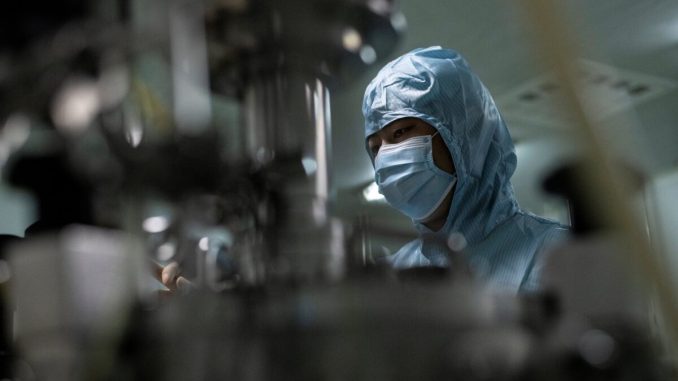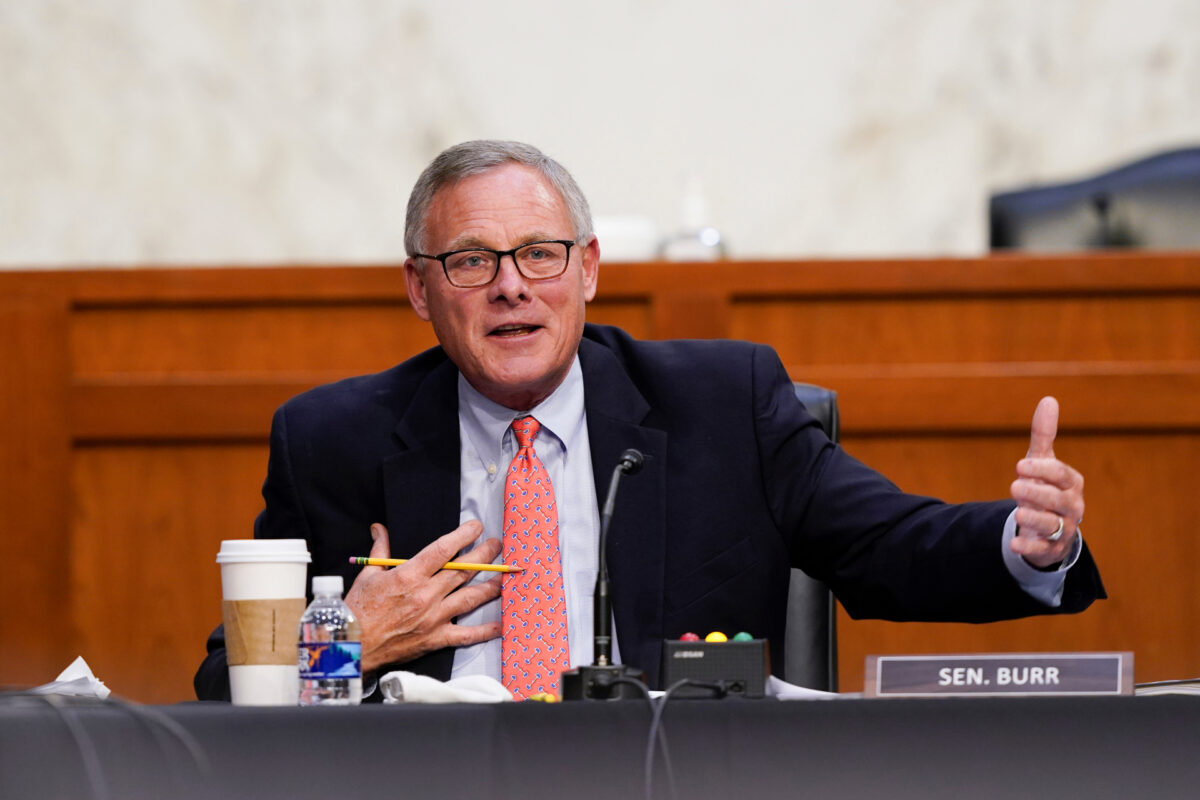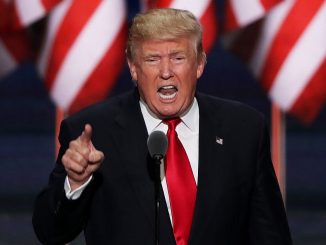
More than 500 U.S. federally funded scientists have been flagged over their financial ties with China and other foreign adversaries, the National Institutes of Health has revealed.
As of April, the federal health agency has reached out to 90 institutions that receive government grants regarding 200 researchers. It has also removed 100 from the “NIH ecosystem” through resignation, termination, premature retirements, or internal departments, according to Michael Lauer, deputy director for extramural research at the NIH.
Lauer said that the biggest challenge is simply “the workload of dealing with a very large number of cases.”
“Each of these requires a tremendous amount of work to figure out what exactly has been happening and to work carefully with the institution to figure out what’s been going on,” he said at an April 22 Senate committee hearing that focused on keeping out Chinese efforts to exploit U.S. biomedical research advances.
One scenario that Lauer highlighted is when scientists have a laboratory set up in China to do the same work for the Chinese government that the U.S. taxpayers are funding.
In others, the researchers may have a business in China leveraging findings from the NIH-sponsored research—which is “a clear conflict of interest.” A third, according to Lauer, is where scientists claim to be dedicating 100 percent of their time “when in fact they are spending 50 to 60 percent of their time in China.”
“So they are lying about how they’re spending their time, and that kind of a blatant lie affects the credibility and the integrity of the entire enterprise,” Lauer said.
The Justice Department has opened cases against dozens of researchers in a bid to cut down the influx of concerted Chinese theft of U.S. intellectual property.
The same day of the hearing, a math professor at Southern Illinois University–Carbondale was indicted for concealing Chinese government aid and working for a Chinese state university, defrauding the National Science Foundation of $151,099 in grants.
A few days earlier, a hospital researcher from an Ohio children’s hospital was sentenced to 33 months in prison for selling trade secrets to China. The man, Zhou Yu, admitted last December to stealing at least five trade secrets related to exosomes, small sacs of fluid from cells that have seen increasing use in drugs and cancer treatment.
The couple received funding from Chinese authorities and had a company in China to sell exosome “isolation kits” developed from research data they stole.
“Our enemies can capitalize on the billions of dollars that American taxpayers invest every year to beat us to the punch on the next game-changing technology to save lives or cause unimaginable harm. Because they know it’s easier to get to home base when you steal your way to third,” said Sen. Richard Burr (R-S.C.) at the Thursday hearing.

Burr expressed concerns about the lack of a “single entity” tasked with identifying rule breakers. In the case of the Illinois math professor, NIH was not informed of the researcher’s affiliation with China even though he had been on payroll at a Chinese university since 2018.
Lauer, in response, said that universities “are ultimately responsible” as the grant recipient. A Michigan-based Van Andel Research Institute last year reached a $5.5 million settlement with the federal authorities, who accused the institute of not properly disclosing the Chinese grants that two of its researchers received.
He said that 10 percent of the cases came to their attention because of self-disclosures.
In 2019, the CEO of Moffitt Cancer Center in Florida resigned along with five other senior staff members after the center’s internal review uncovered their participation in the Thousand Talents program, a Chinese recruitment scheme aimed to attract top scientists and engineers to work in China.





Be the first to comment